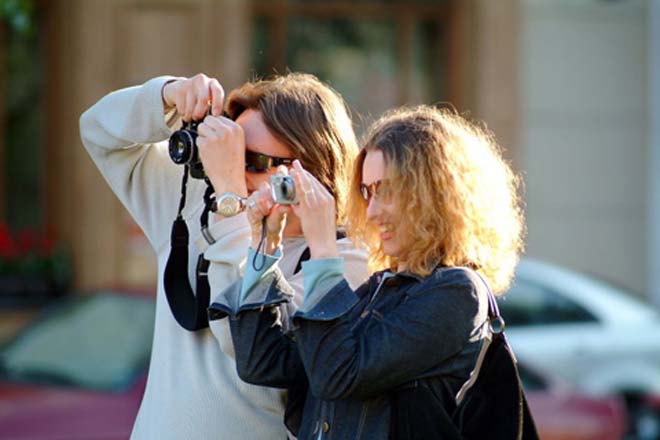Egypt will auction sites covering 28 million square metres of land for tourist developments in the next 14 months to expand the vital industry, its tourism minister said Al Ahram online reported.
Hisham Zaazou is tasked with reviving a sector that accounted for 10 per cent of economic activity before the revolt that ousted President Hosni Mubarak last year drove away investors and tourists.
Tourists are returning to Egypt but do not yet match the levels of 2010, before the uprising, when 14.5 million people visited, earning the country $12.5 billion.
Speaking late on Tuesday, Zaazou told Reuters that Egypt could match those levels in 2013. By 2020 the country targets an ambitious 30 million tourists, prompting the government's plans for selling new plots.
"I will start auctioning (the land) maybe next month and before the end of 2013 all of the 28 million sq metres will have been put on offer," Zaazou said, adding that the offer has already been met with interest from European and Gulf investors.
Some of the sites to be auctioned would be sold, others would be for lease.
Sites due to come up for auction will include Red Sea resorts such as Ain Sokhna and Marsa Allam.
"Investors will be putting their money in areas that already have customers, not in a barren desert," said Zaazou, who was appointed in August. He worked with private tourism firms, including in the United States, before moving to the ministry.
Zaazou said he was studying incentive programmes to lure investors, including a plan for the state to pay social security payments for employees of firms investing within a set period.
He also said he was working with the civil aviation and transport ministries to improve access to tourist areas, including plans to improve the quality of overnight trains from Cairo to popular destinations of Luxor and Aswsan in the south.
Zaazou said Turkish Airlines had launched direct flights from Istanbul to Red Sea resorts such as Sharm El-Sheikh, helping to lure more Turkish and European visitors, and said he wanted to improve connections to the Far East and South America.
Echoing earlier comments, he said Egypt - now governed by an Islamist president - wanted to draw in tourists holding conservative Islamic values but not at the expense of others from the West or elsewhere, who might be discouraged by any move to ban alcohol or impose other Islamic restrictions.
He said drawing in Islamic-minded tourists "will not detract from mainstream tourism nor will it be an alternative to it."
"I wish that people can co-exist ... like in Turkey and in Dubai," he said.
As an example, he said some Arab investors were building a five-star hotel in Cairo that would not allow alcohol, smoking, loud music or gender-mixed swimming pools. It would also focus on spa and health services to cater to customers who want an Islamic tourism package or others seeking a health resort.
The biggest present challenge to tourism, he said, was local and international media conveying what he said was an exaggerated image of lax security. Pictures of protests and sometimes violence in Cairo's Tahrir Square have deterred some.
"The image that is being conveyed about Egypt is an image confined to 1 square kilometre of the country, so to speak, namely Tahrir square," Zaazou said. "This is a challenge."
"When tourism to Cairo is affected, this in turn affects the rest of cultural tourism such as Luxor and Aswan," he said, adding that if protests till year-end remained peaceful in the square, this would revive tourists' confidence in Egypt.






